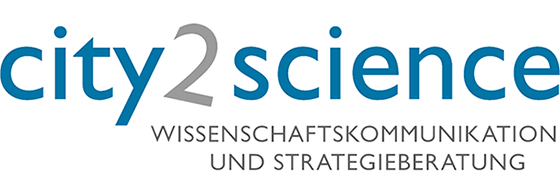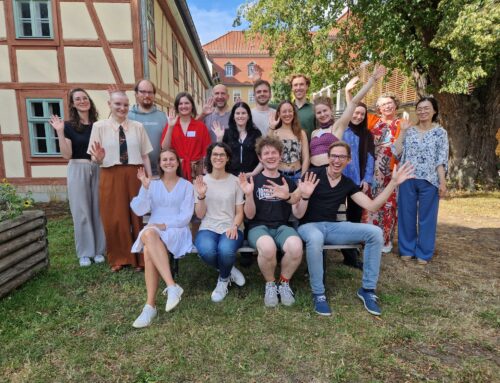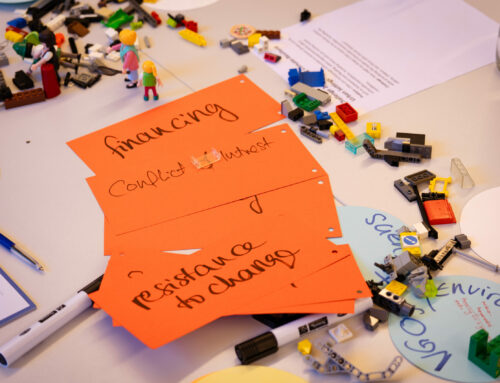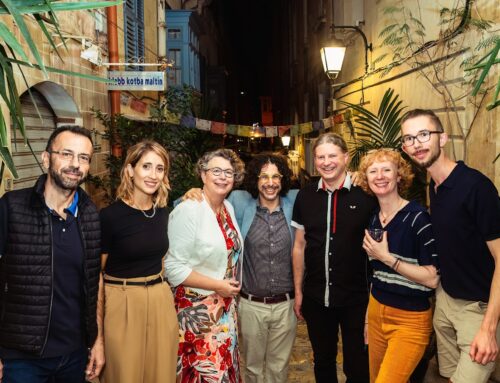One-Day-Training with PHD-students of the University of Duisburg-Essen
The Public Engagement Training gave an overview on trends and developments in science-society dialogues as well as benefits, challenges, barriers and goals of public communication of research projects. Furthermore concrete best practice examples of public engagement formats inpired the participants to work on their own research topic throughout the workshop.
Opportunities and challenges of Public Engagement
Creating awareness and the chance to apply what they learn in their research were opportunities the young researchers saw in engaging with the public. Transparency as well as the development of new research fields through dialogue and engagement were also seen as opportunities. Challenges of Public engagement evolved around the topics of target groups and communication: how do I find the right audience for my topic? How do I include isolated groups, minorities or new generations? How do I “sell” the benefits of a partnership to stakeholders? And, how do I communicate a complex topic to a lay audience?
Development of an individual Public Engagement Strategy
In a practical exercise each participant developed ideas of Public Engagement for their research topic. Ideas ranged form a playful approach in collaboration with planetariums on “super heroes” in biology to partnerhips with teachers regarding the assessment of instructional quality in English as a Foreign Language education. Another student pitched the idea of a stakeholder workshop with a diverse group composed of tourists, municipality, fishermen and -women, restaurant ownwers and national park authorities around the impact of land-use change and climate change on coastal biodiversity and coastal community.
More news



